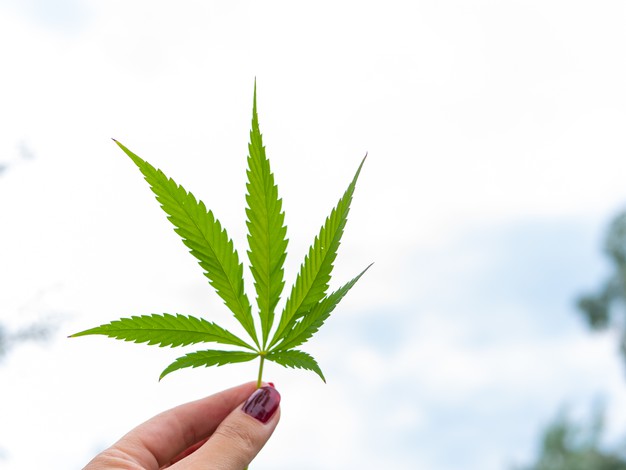
Nepal, among 53 member states, today voted to remove cannabis from the list of harmful drugs.
In reviewing a series of World Health Organization (WHO) recommendations on marijuana and its derivatives, the UN Commission on Narcotic Drugs (CND) zeroed-in on the decision to remove cannabis from Schedule IV of the 1961 Single Convention on Narcotic Drugs — where it was listed alongside deadly, addictive opioids, including heroin.
CND’s 53 member states voted to remove cannabis – where it had been placed for 59 years – from the strictest control schedules, that even discouraged its use for medical purposes.
With an historic vote of 27 in favour, 25 against, and one abstention, CND has opened the door to recognizing the medicinal and therapeutic potential of the commonly-used but still largely illegal recreational drug.
“Moreover, according to news reports, the decision could also drive additional scientific research into the plant’s long-heralded medicinal properties and act as catalyst for countries to legalize the drug for medicinal use, and reconsider laws on its recreational use”, UN said in a statement.
Back in January 2019, WHO unveiled six WHO recommendations surrounding the scheduling of cannabis in UN drug control treaties.
While the proposals were originally set to be voted on during the CND’s March 2019 session, many countries had requested more time to study the endorsements and define their positions, according to news reports.
Among WHO’s many points, it clarified that cannabidiol (CBD) – a non-intoxicating compound – is not subject to international controls. CBD has taken on a prominent role in wellness therapies in recent years, and sparked a billion-dollar industry.
Currently, more than 50 countries have adopted medicinal cannabis programmes while Canada, Uruguay and 15 US states have legalized its recreational use, with Mexico and Luxembourg close to becoming the third and fourth countries to do so.
Meanwhile, the United States voted to remove cannabis from Schedule IV of the Single Convention while retaining them in Schedule I, saying it is “consistent with the science demonstrating that while a safe and effective cannabis-derived therapeutic has been developed, cannabis itself continues to pose significant risks to public health and should continue to be controlled under the international drug control conventions”.
Voting against, Chile argued, among other things, that “there is a direct relationship between the use of cannabis and increased chances of suffering from depression, cognitive deficit, anxiety, psychotic symptoms, among others” while Japan stated that the non-medical use of the plant “might give rise to negative health and social impacts, especially among youth”.
Calls to legalize cannabis have increased in Nepal recently with some people’s representatives arguing that if the ban on cannabis is lifted, farmers can earn a decent income from cannabis cultivation.
Former law minister and Member of Parliament (MP) Sher Bahadur Tamang with the support of lawmaker Birodh Khatiwada had proposed a bill in the House of Representatives saying that cannabis cultivation should be legalized in the country.
“If the bill is passed and cannabis cultivation legalized, we have estimated that Nepal’s budget will be up to Rs 6 trillion,” they had argued.






